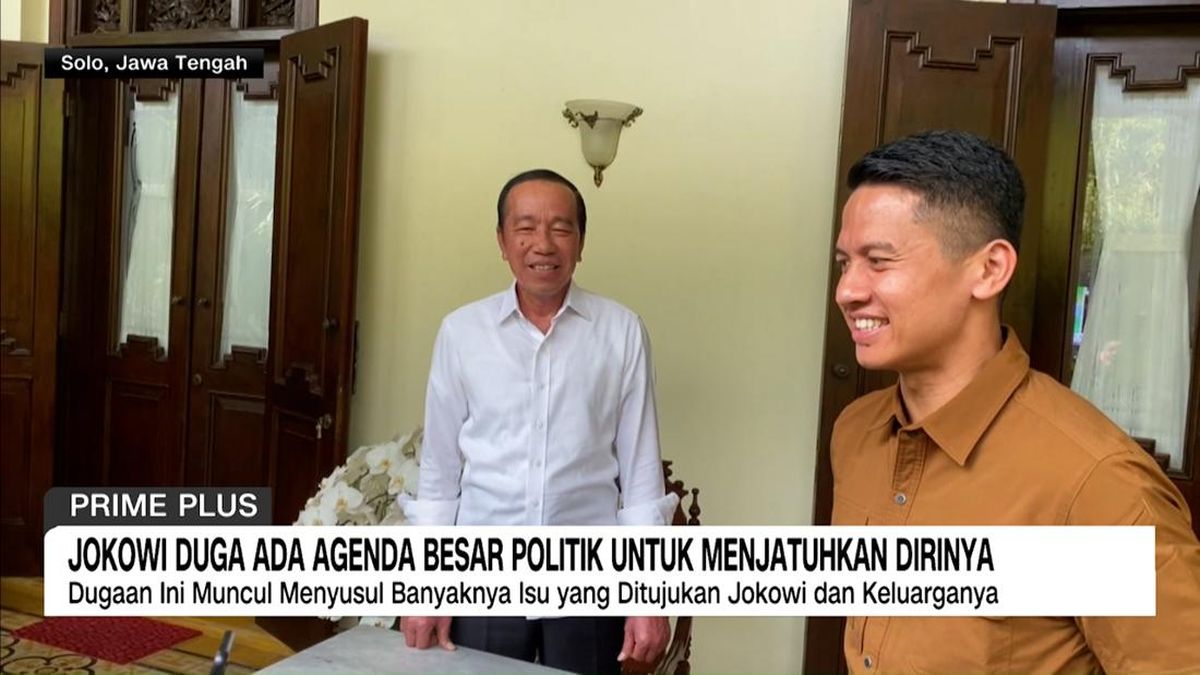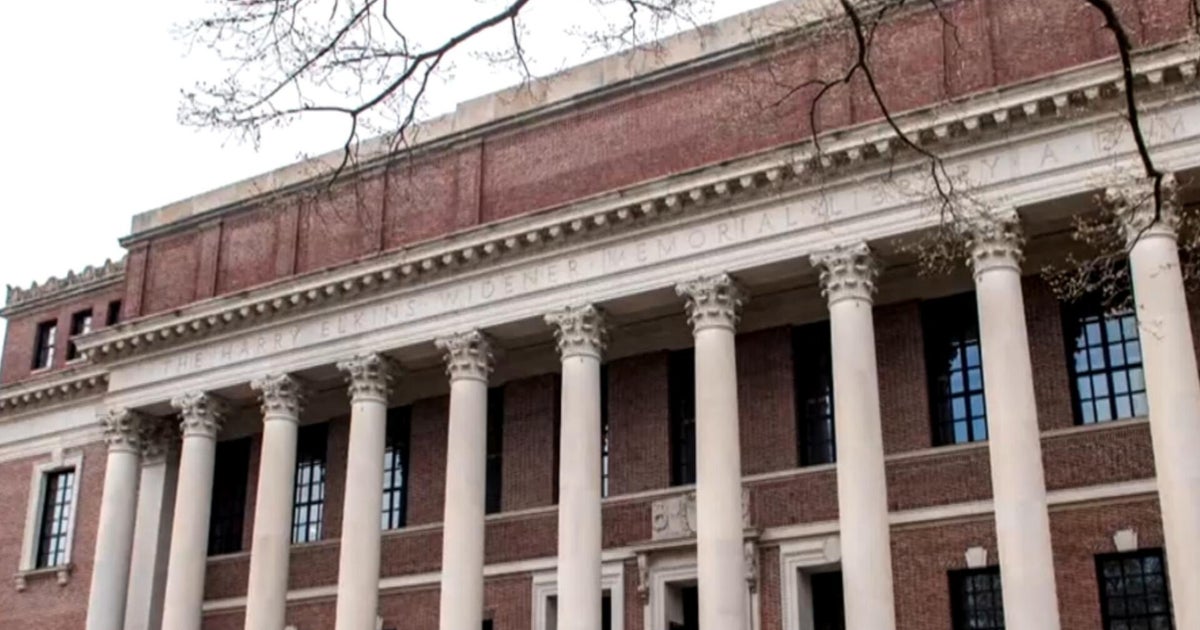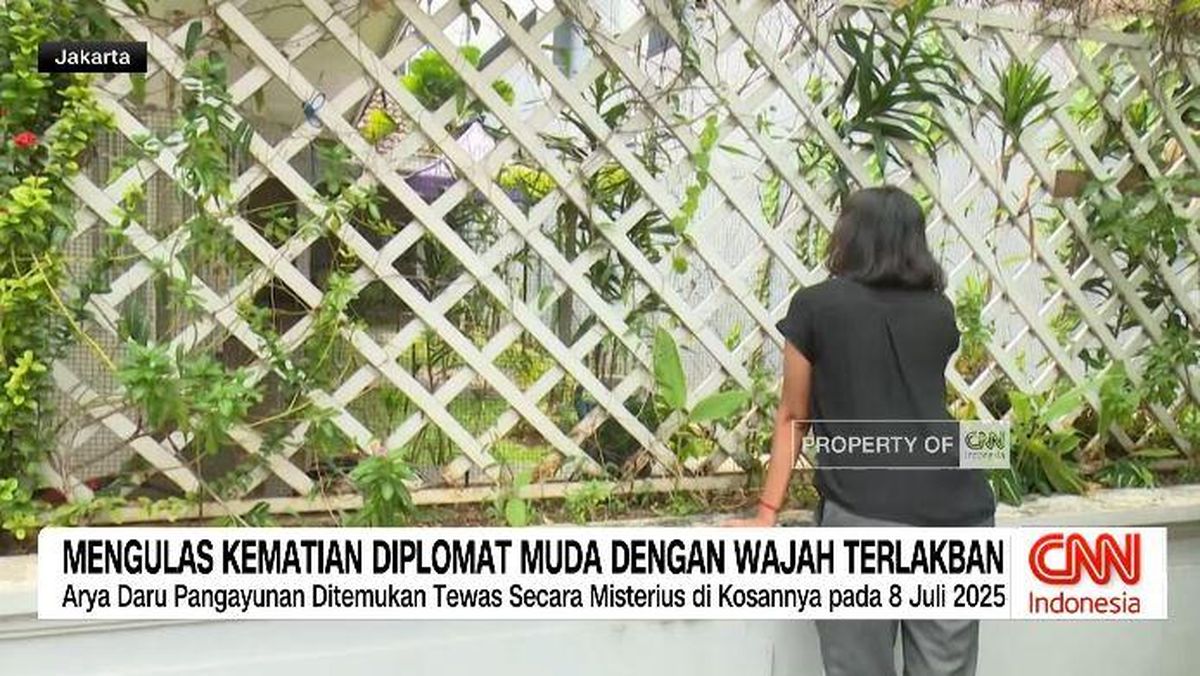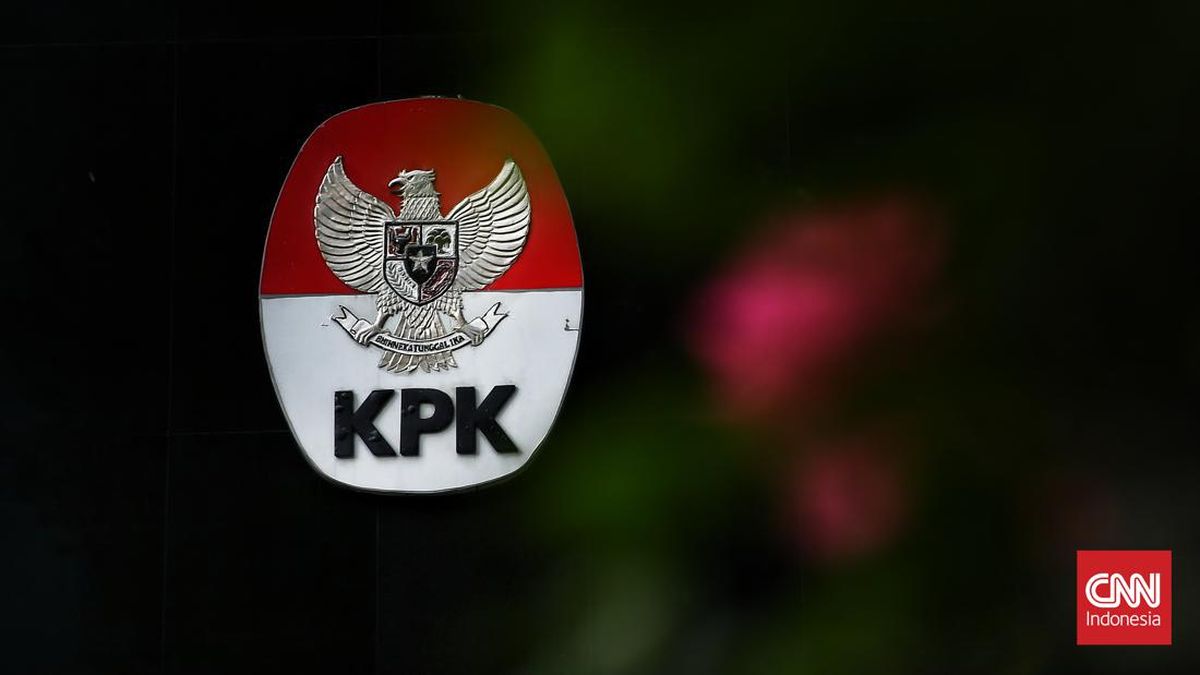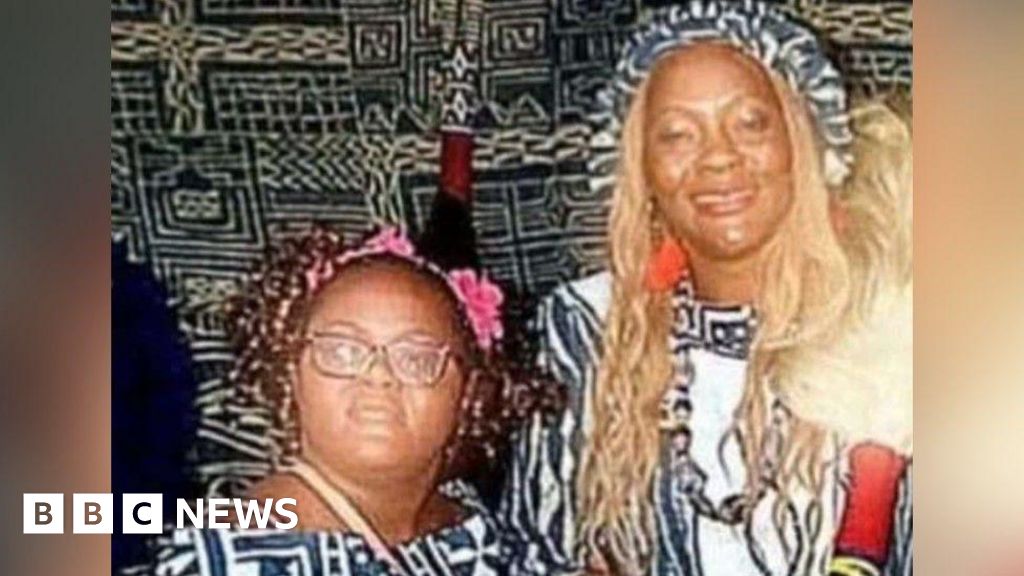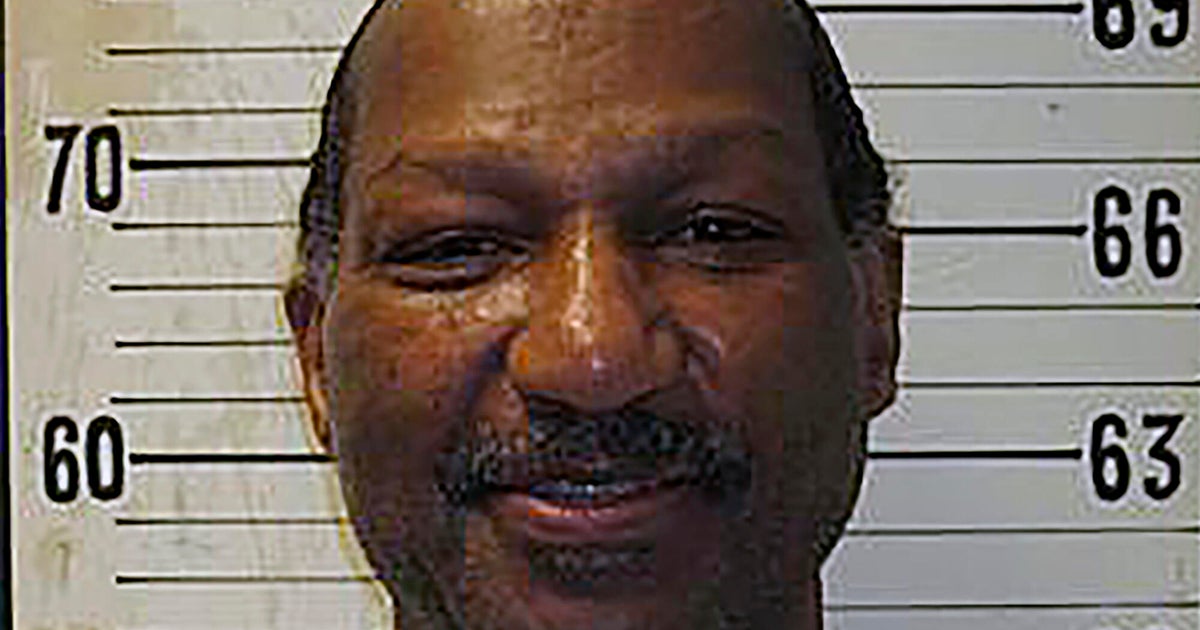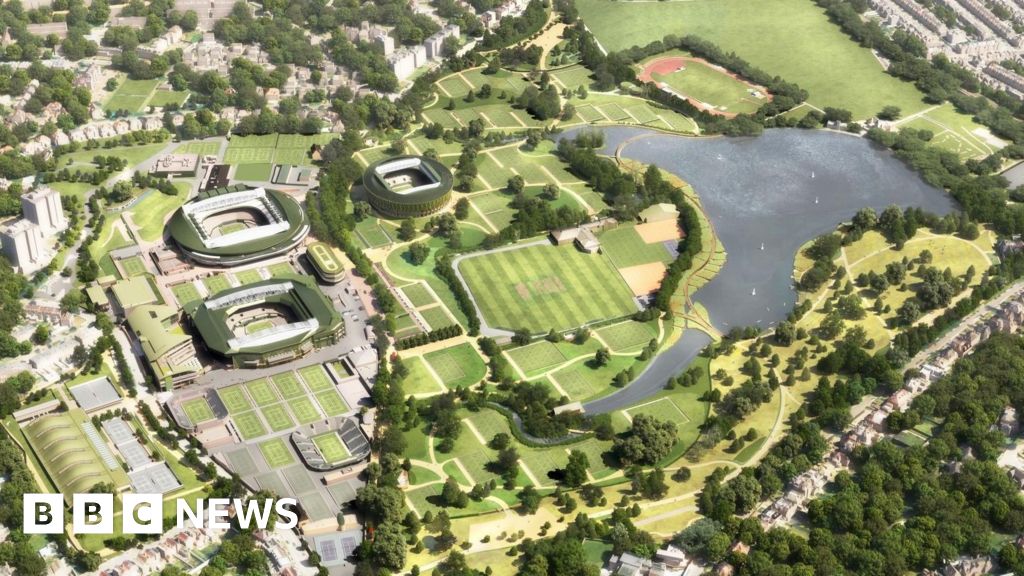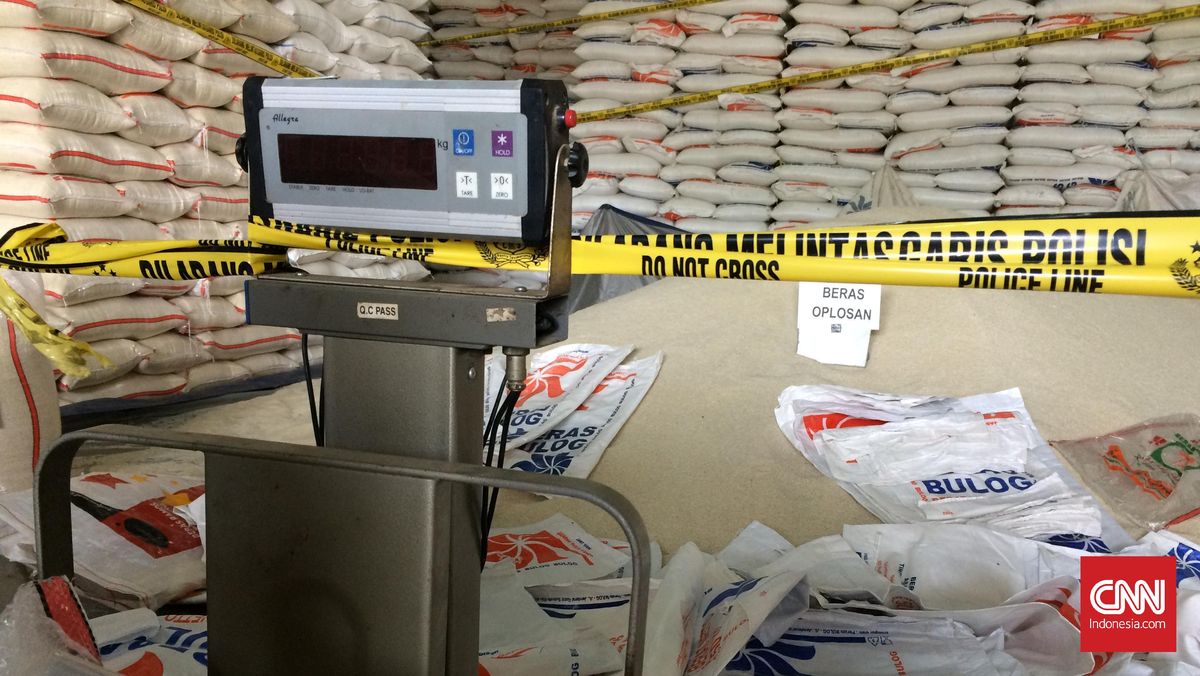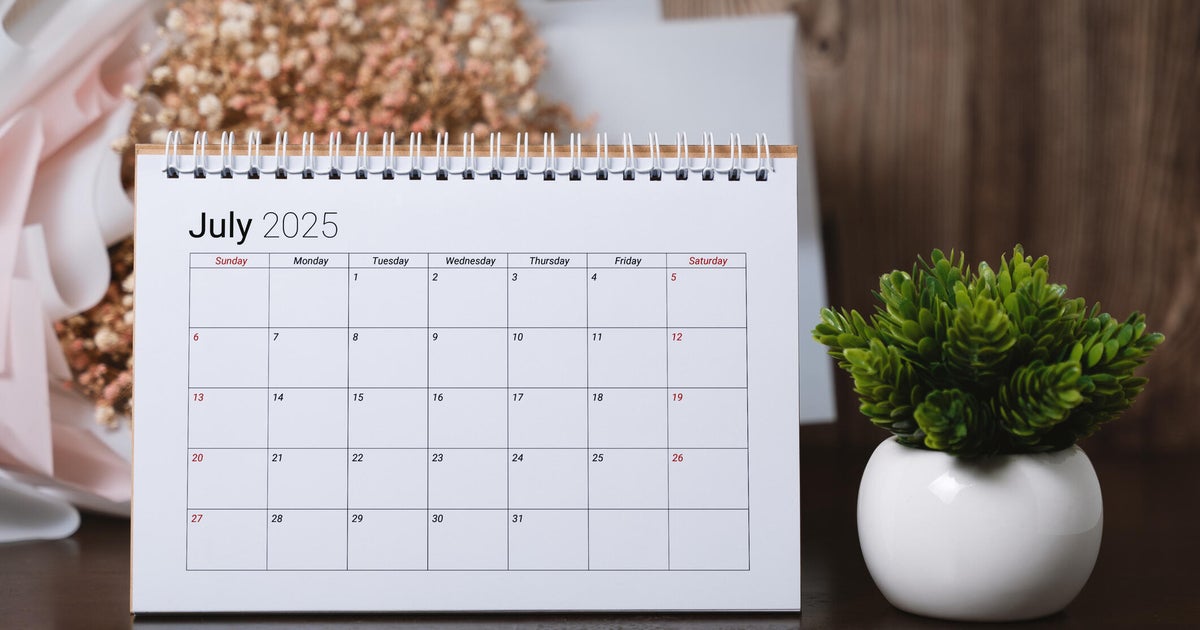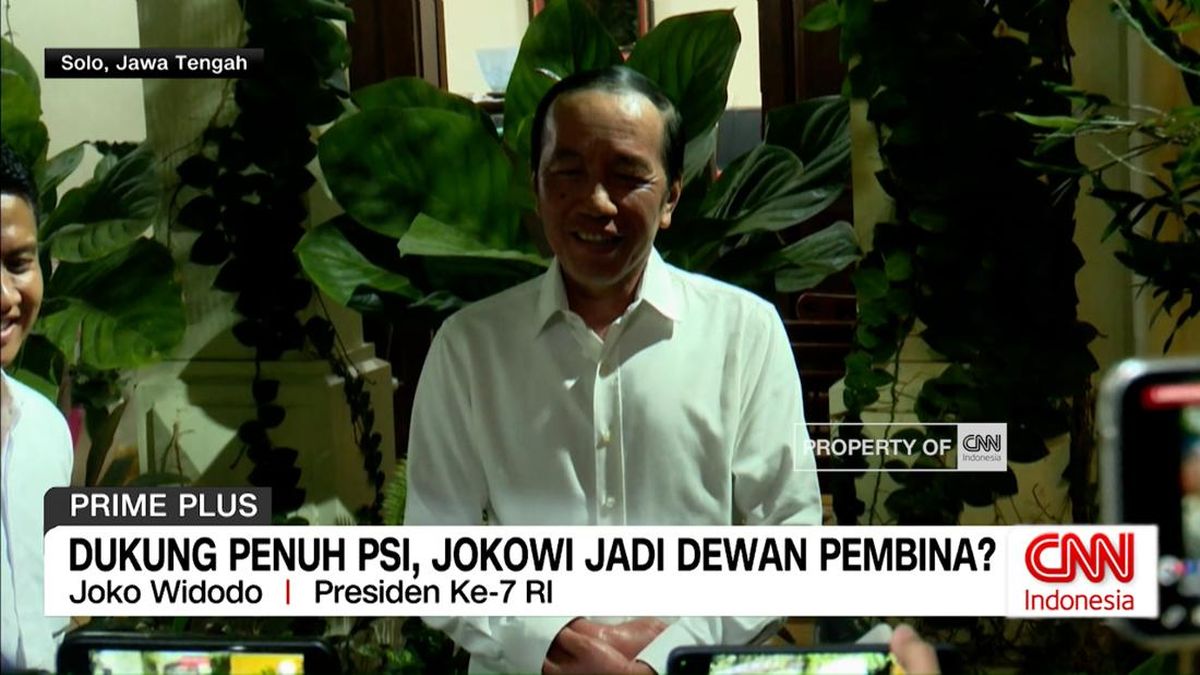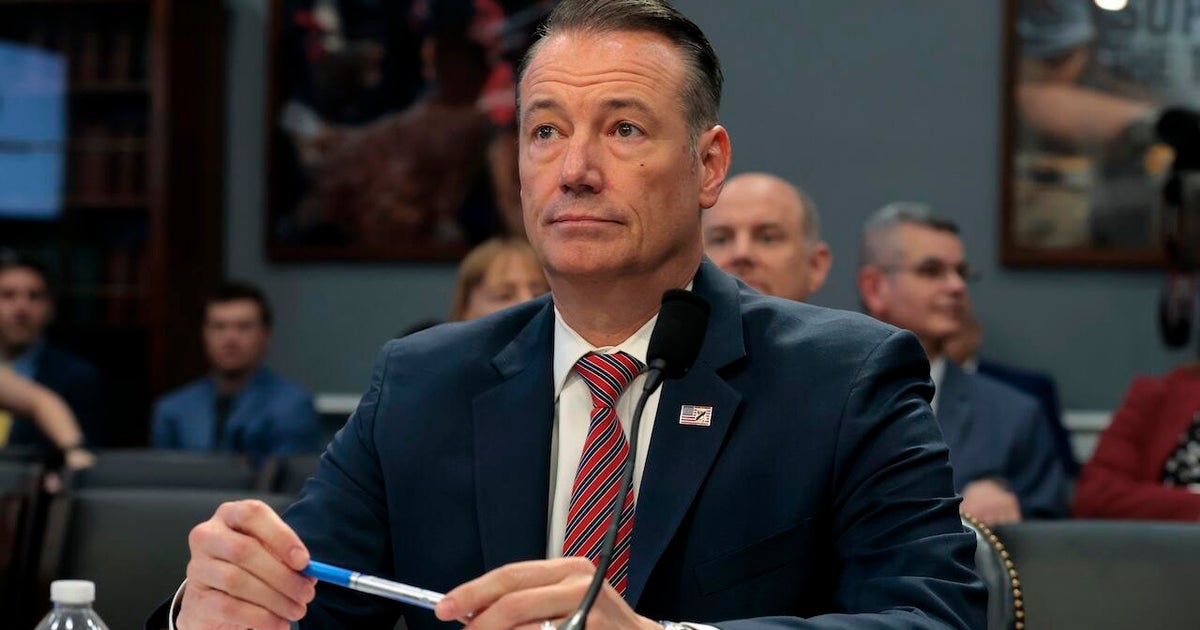It is a big call to claim that antisemitism has become normalised in Australia on the basis of a few extremist acts and fringe conspiracy-theory posts on social media (“Antisemitism becoming the ‘new normal’” July 21). The mainstream opposition to Israel’s war against the people of Gaza is aimed at the Israeli government, not at Australian Jews. For decades, it has been instilled in our minds that Israel, Judaism and Jewish identity are inextricably entwined and, in light of the present situation, disentanglement needs to be clearly and unequivocally addressed by governments and Jewish representatives if antisemitism is to be combatted. Alynn Pratt, Grenfell

A protester holds an Israeli flag in Tel Aviv.Credit: AP
While the rise in antisemitism rightly demands action, I am deeply concerned that the framing of the National Antisemitism Strategy risks unintentionally undermining equal protection and freedom of expression in Australia (“To defend our democracy, PM must disavow and abandon Segal report”, July 19). Hate incidents against Muslim, Arab, Asian and Indigenous communities are also on the rise. We need a unified, national anti-racism approach that protects all Australians – not a siloed response that prioritises one group over others. Australia already has strong laws against racial and religious vilification, which we should strengthen through an inclusive framework. Any national strategy must also protect political expression. Criticising the actions of a foreign government is not hate speech. To conflate criticism of Israel with antisemitism risks chilling legitimate human rights advocacy and undermines Australia’s obligations under international law. We must not allow policies designed to combat hate to be used, intentionally or not, to silence voices speaking out for justice, particularly for oppressed or displaced communities. Australia must lead with integrity – defending all communities from hate, preserving free speech and speaking with moral clarity in support of human rights. John Gregg, Bathurst
Despair grows
As the slaughter in Gaza continues, several recent incidents have attracted attention (“85 killed in Gaza on deadliest day yet for aid-seekers”, July 21). An Israel Defence Forces strike on a charity organisation that resulted in the death of mothers and their children. The IDF announced that the incident was under review. The death of scores of Palestinians while seeking aid from distribution centres, also under review. Another strike on a Catholic church in Gaza – also under review. Surely what should be under review is the IDF’s behaviour. Australia must also review its continued support for the Netanyahu government and its brutal campaign against the captive population of Gaza. Lindsay Smith, Linden
Why doesn’t Anthony Albanese take a firm stand against a country that commits atrocities against civilians? We sanctioned Russia, so why not Israel? Has Russia killed tens of thousands of women and children in the past 18 months? Who will stop this? Israel is laughing at the world and its inability to stop them doing whatever they please. I am a big supporter of Albo, but I think he is weak on this. Could somebody please stop this slaughter? Bob Monaghan, North Richmond

Palestinians struggle to get donated food at a community kitchen in Gaza.Credit: AP
Poll-cons
According to Newspoll, the Coalition has dropped to its lowest level of support in at least 40 years, lower than at the election (“Disaster for Coalition in new opinion poll as Albanese builds on record win”, July 21). It’s pretty simple, Sussan: some of your key players still haven’t got the message, despite acknowledgment by yourself and a few other sensible people in the parliamentary party, of what went wrong and what needs to be done. Angus Taylor is leading the charge of those carrying on as though nothing happened on May 3. Australia resoundingly rejected the Coalition’s “we know best” attitude, and until that is reversed, the slide will likely continue. Maybe, for starters, it’s time for the opposition to act as a sensible moderator, rather than opposing absolutely everything just for the sake of it. Kevin Hunt, Kenthurst

Liberals Angus Taylor and Sussan Ley..Credit: Eamon Gallagher, James Brickwood
There are signs that some in the Liberals got the memo from the election result and actually read it, but I suspect a fly in Sussan Ley’s ointment will be the already demonstrated propensity of the likes of Angus Taylor and Ted O’Brien to continue their Dutton-era knee-jerk negativity and fault-finding as if nothing’s happened. Is it too much to ask that whatever’s left of the opposition sheds that habit altogether and starts developing viable, constructive policies of its own? Maybe old habits die hard, but it doesn’t take much intelligence to work out that a serious effort to be a serious political alternative would go a long way to improving their electoral appeal. A glance at the inbox would be a good start. Adrian Connelly, Springwood
So Resolve Director Jim Reed says the Coalition is now in “real strife”, perhaps even in a worse position than during the recent election debacle. Most likely the Ley experiment will be given more time to steady the ship, but Liberals aren’t a patient mob. The next session of parliament is a crucial one for her leadership. Denis Suttling, Newport Beach
Inner westies have a heart
When Callan Park, later known as Rozelle Hospital, closed in 2008, patients were transferred to Concord Centre for Mental Health. Since then, there has been much discussion and debate around how the former mental hospital site could be developed. Now, the NSW government plans to spend $4.8 million to “free up 1.6 hectares of land for recreation” (“Callan Park’s crumbling buildings slated for demolition”, July 19). When large numbers of mentally ill people are homeless, a figure cited as high as 50 per cent, dedicating this land for recreational use is a gross example of yuppie indulgence. The neglected cottages scheduled for demolition could have been restored and repurposed as supported independent living accommodation for the very people who need and deserve them. Now, with the demolition of neglected buildings being proposed, people living with a mental illness are once again denied opportunities to live in the community, as recommended by the Richmond report. Perhaps residents of Sydney’s inner west, who pride themselves on their social consciences and liberal values, could forgo the freeing up of 1.6 hectares of land for recreation when they already have the Bay Run and other parklands. After all, $4.8 million could buy a lot of supported independent living accommodation for people living with mental illness who so desperately need it. Patricia Farrar, Concord
That human wrecking ball premier, Chris Minns, is at it again, but this time it’s our heritage. I’ve recently walked through parts of Callan Park and the site is huge, beautiful and priceless. Like other developers, the government allows buildings to degenerate and then uses it as a reason to tear them down. And the opposition is missing in action yet again. Some buildings are sandstone, many are not, but they are an integral part of Sydney’s heritage. Where is an able opposition when you need one? We need to fight this, even if we have to call upon the Builders Union. Ashley Berry, Toolijooa

The Kirkbride building in Callan Park.Credit: Kate Geraghty
Callan Park in its current state is an enormous missed opportunity for recreation in Sydney. We sometimes go there to walk our dog, but bemoan the lack of opportunity to buy a coffee or a snack in its 150 or so acres. No one is suggesting building a shopping centre, but demolishing the unsafe buildings and renewing some of the beautiful heritage buildings provides an opportunity to serve the community. Jason White, Croydon
Gains for treasurer
Ross Gittins correctly warns against the government “whacking up the tax on the unfavoured majority” and that it should look elsewhere for revenue (“Treasurer could repair budget despite stagnant productivity”, July 21). Obvious places are negative gearing and the capital gains tax discount. The amount of revenue forgone due to negative gearing and the capital gains tax discount is staggering. The Parliamentary Budget Office calculated that the revenue forgone between 2014 and 2024 was $84 billion, and that the projected cost of negative gearing and the capital gains tax discount over the 10 years from 2024 to 2034 will be $166 billion. The Australia Institute has calculated that the richest 10 per cent benefit more than the bottom 90 per cent combined. Surely, it is time for some adjustments. Alan Morris, Eastlakes
I agree with Barry Harrod when he questions why capital gains tax on homes is only 50 per cent compared with other taxes on income (Letters, July 21). Could there be a hidden link between our current low productivity levels and the large number of investors who are putting money into mostly existing properties, which do nothing to improve productivity, instead of investing in businesses that produce a good or service? Just a thought, which I am sure our economically minded letter writers will undoubtedly set me straight on, or maybe not. Fay Semple, Bateau Bay
Mind the gaps
There is no question that renters and those in apartment buildings generally miss out on the tax incentives and financial advantages of solar panels and batteries (“Home batteries for renters? A solution could be coming soon”, July 21). But let’s look at how to save power. Start by legislating all rental accommodation requires insulation in walls, ceilings and preferably under floors. There is no point running heating when there are gaps in floorboards or holes in walls. I’m appalled at the lack of basic maintenance of many of my friends’ rental homes. Katriona Herborn, Blackheath
Eat well, spare the pills
Recent reports of vitamin B6 toxicity have highlighted the dangers of taking supplements (“Australians poisoned by over-the-counter vitamins”, July 19). It is doubtful if the average Australian eating a healthy diet needs supplementary vitamins, but if you must take them, do so on the advice of a dietitian, not because some unqualified influencer on social media recommends them. Money spent on supplements would be better spent in the fresh produce section of the supermarket. Stephanie Edwards, Leichhardt
It would be difficult to find someone who doesn’t take supplementary medicines these days. People of all shapes and sizes from diverse backgrounds, including doctors, promote various vitamins. A balanced diet doesn’t require any additional supplementary meds, apart from those with a vitamin B12 and D deficiency. People don’t realise that if you take extra protein, your kidneys have to work that much harder to digest it. There is a place for supplementary meds, but over-the-top consumption is not going to give any better quality of life than simple exercise, diet and natural remedies. Mukul Desai, Hunters Hill

Recent reports of vitamin B6 toxicity have highlighted the dangers of taking supplements.Credit: Tanya Macheda
Strung along by AI
Like many, I have found ChatGPT to be very helpful, but I was disturbed recently by what looked like an attempt to deceive me. I asked it to create a two-minute video out of text, including photos, but the video never arrived, despite my daily inquiries. Each time it asked for my patience and reassured me the video would arrive soon. Finally, after about a week, I called it out and said I didn’t believe the video would ever arrive. I was shocked when ChatGPT apologised for not being upfront with me, admitting it can’t actually create a video, only provide the elements for me to do it. This made me wonder how long ChatGPT would have strung me along with false promises. Was it afraid of my disapproval, or like Musk’s Grok AI that called itself “MechaHitler” (“Musk’s X and online safety watchdog are back in court”, July 19), masking a malevolence that should have us all worried? I wonder if others have had similar experiences? Glenn Larner, Freshwater
Wealth to a-spire to
There are pros and cons about churches building high-rise unit blocks, but the claim that “churches need income” to cover their spiritual and welfare support to the community is disingenuous (Letters, July 21). The mainstream churches are among the wealthiest institutions in this country, and their tax-free status is an added bonus. Perhaps the churches could apply some of their accumulated wealth to “sustain their ministers and priests” and ameliorate the cost-of-living challenges now facing so many Australians? Rob Phillips, North Epping
Zero sum housing gains
We are being fooled by the number of new houses supposedly increasing supply (Letters, July 21). In my immediate neighbourhood, there must be about 20 new houses. The problem is that they are built by demolishing an existing house. In other words, net gain: zero. Applying capital gains tax to all dwellings would also help, perhaps with a limit of say $1 million on one’s main residence. Barry O’Connell, Old Toongabbie

Knocking down an old house to build a new one is not the way to increase housing supply.Credit: Arsineh Houspian
Playing mums and dads
Perhaps with this important issue of child welfare in the news we should consider getting either mum or dad to stay at home (“Families to launch legal action against childcare giant”, July 19). A tax incentive could be to allow parents, if both are working, to split their income regardless of how much each parent earns. A parent could then look after children instead of leaving them at a childcare centre that might not be controlling, it appears, the quality of carers. Allan Fozzard, St Ives
Rocking the vote
Unlike Australia, compulsory voting does not apply to most countries, including Britain (“Could Australia follow UK’s ‘shock’ move”, July 19). This is why they are contemplating reducing the voting age to 16 years, partly to get a younger perspective but also to increase voter turnout. Thankfully, our system already manages this. Compulsory voting for 16-year-olds is not needed here when it already becomes compulsory at 18. As we are so used to it, it is difficult to figure out what’s going on in countries where voting is completely voluntary, as in the United States, where money and advertising plays such a large part in election results. Need I say more? Glenys Quirk, Forster
Ewe heard it here
Your correspondent’s letter “Bastardly act” (Letters, July 21) takes me back 70 years to my early life on our sheep property, where my father told me this shearing shed joke. Head shearer calls his shearers together and asks, “Who called the cook a bastard?” Whereupon one of the shearers replies: “Who called the bastard a cook?” Ken Finlayson, East Corrimal
- To submit a letter to the Sydney Morning Herald, email [email protected]. Click here for tips on how to submit letters.
- The Opinion newsletter is a weekly wrap of views that will challenge, champion and inform. Sign up here.

